In the modern manufacturing landscape, the paper cup machine plays a pivotal role in producing disposable cups that are widely used across various industries. The efficiency and quality of these machines largely depend on the design and maintenance of their molds. This article delves into the selection and maintenance skills necessary for optimizing the performance of paper cup machine molds, ensuring that manufacturers can produce high-quality products consistently while minimizing downtime and costs.
Understanding the Importance of Mold Selection
The selection of the right mold for a paper cup machine is crucial for achieving desired product specifications. Molds are responsible for shaping the paper into the final form, and any deficiencies in this process can lead to defects in the final product. Key factors to consider when selecting a mold include material compatibility, thermal conductivity, and precision engineering. Choosing molds made from high-quality materials can enhance durability and improve the overall efficiency of the production process.
Material Compatibility
When selecting molds, material compatibility is essential. Common materials for molds include aluminum, steel, and special alloys. Each material has its pros and cons. For instance, aluminum molds are lighter and conduct heat well, making them suitable for high-speed production. Conversely, steel molds offer greater durability but may have longer lead times due to their weight. Manufacturers must assess their production needs and choose materials that align with their operational capabilities.
Thermal Conductivity Considerations
The thermal conductivity of the mold material affects the heating and cooling rates during the production process. Proper thermal management ensures that the paper adheres correctly and maintains its shape. Molds with high thermal conductivity can facilitate quicker cycle times, reducing production delays. It’s important to select molds that can withstand the temperature variations without warping or degrading over time.
Precision Engineering in Mold Design
Precision in mold design is vital for ensuring uniformity and consistency in paper cup production. Advanced CAD software and CNC machining technologies allow for intricate designs that meet specific production requirements. Molds should be designed to minimize gaps and ensure proper sealing to avoid leaks. Additionally, the use of precision-engineered molds reduces the likelihood of defects, which can save manufacturers money in the long run by minimizing waste and rework.
Maintenance Skills for Paper Cup Machine Molds
Once the appropriate molds have been selected, maintaining them is essential for maximizing their lifespan and performance. Regular maintenance not only prolongs the life of the molds but also ensures consistent quality in production. Key maintenance practices include regular cleaning, lubrication, inspection, and timely repairs.
Regular Cleaning Protocols
Keeping molds clean is one of the simplest yet most effective ways to maintain their performance. Residue from the paper and adhesives can build up, causing defects in the cups. Implementing a regular cleaning schedule using appropriate cleaning agents can prevent this buildup. It’s important to choose non-corrosive cleaners that won’t damage the mold surface.
Lubrication Techniques
Proper lubrication of moving parts within the mold assembly is crucial for smooth operation. Lubricants reduce friction and wear, allowing for easier release of the finished cups. Regularly applying lubricant according to manufacturer recommendations will help maintain optimal function and prevent breakdowns. It’s also advisable to use lubricants that are compatible with the mold materials and the production environment.
Inspection and Troubleshooting
Regular inspections are key to identifying potential issues before they escalate. This includes checking for wear and tear, alignment issues, and any signs of corrosion or damage. Implementing a proactive inspection routine can help catch problems early, reducing the risk of unexpected downtime. Operators should be trained to troubleshoot common issues, ensuring that any problems are addressed promptly and effectively.
Timely Repairs and Modifications
Even with regular maintenance, molds may occasionally require repairs or modifications. Identifying the right time for repairs can prevent larger issues down the line. Manufacturers should establish relationships with skilled technicians who can perform repairs quickly and effectively. In some cases, modifying molds to adapt to new production requirements can enhance overall efficiency and flexibility.
The Role of Technology in Mold Maintenance
Advancements in technology have revolutionized the way manufacturers approach mold selection and maintenance. IoT sensors can now monitor mold conditions in real-time, providing valuable data on temperature, wear, and overall performance. This data-driven approach allows manufacturers to make informed decisions about maintenance schedules and mold replacements, ultimately leading to increased efficiency and cost savings.
Training and Skill Development
Investing in training for operators and maintenance personnel is essential for ensuring the effective selection and upkeep of molds. Knowledgeable staff can better identify issues and implement solutions, significantly impacting production efficiency. Regular training sessions focusing on mold technology, maintenance best practices, and troubleshooting techniques can empower teams to maximize the lifespan and performance of their molds.
Conclusion: Best Practices for Mold Management
In conclusion, the selection and maintenance of paper cup machine molds are critical components of efficient production processes. By understanding the significance of material compatibility, thermal conductivity, and precision engineering, manufacturers can choose the right molds. Additionally, establishing robust maintenance protocols will ensure that molds remain in optimal condition, minimizing defects and production delays. Embracing technology and investing in training will further enhance operational efficiencies, ultimately leading to higher quality products and greater customer satisfaction.




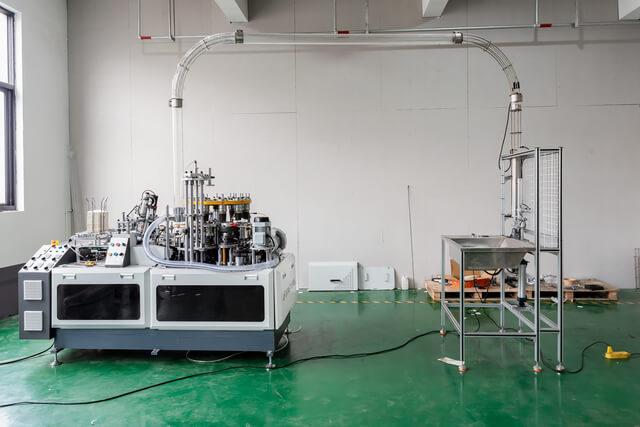
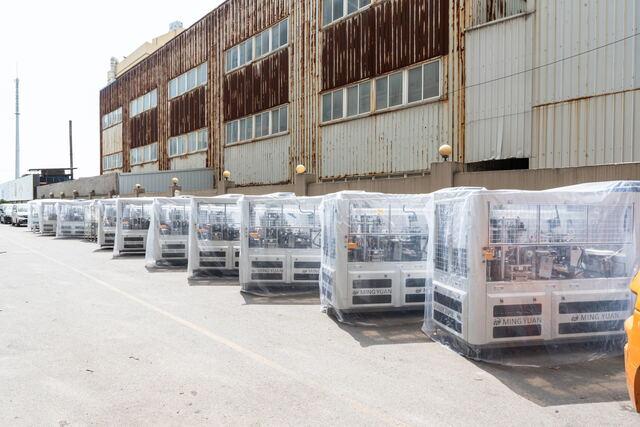
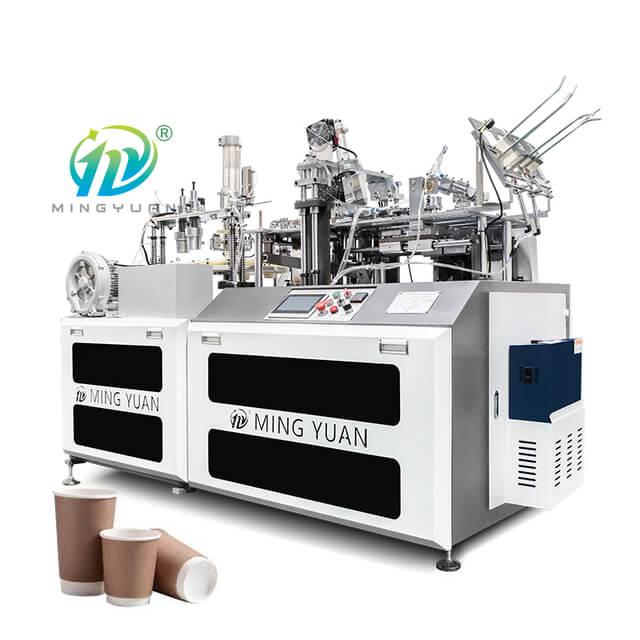
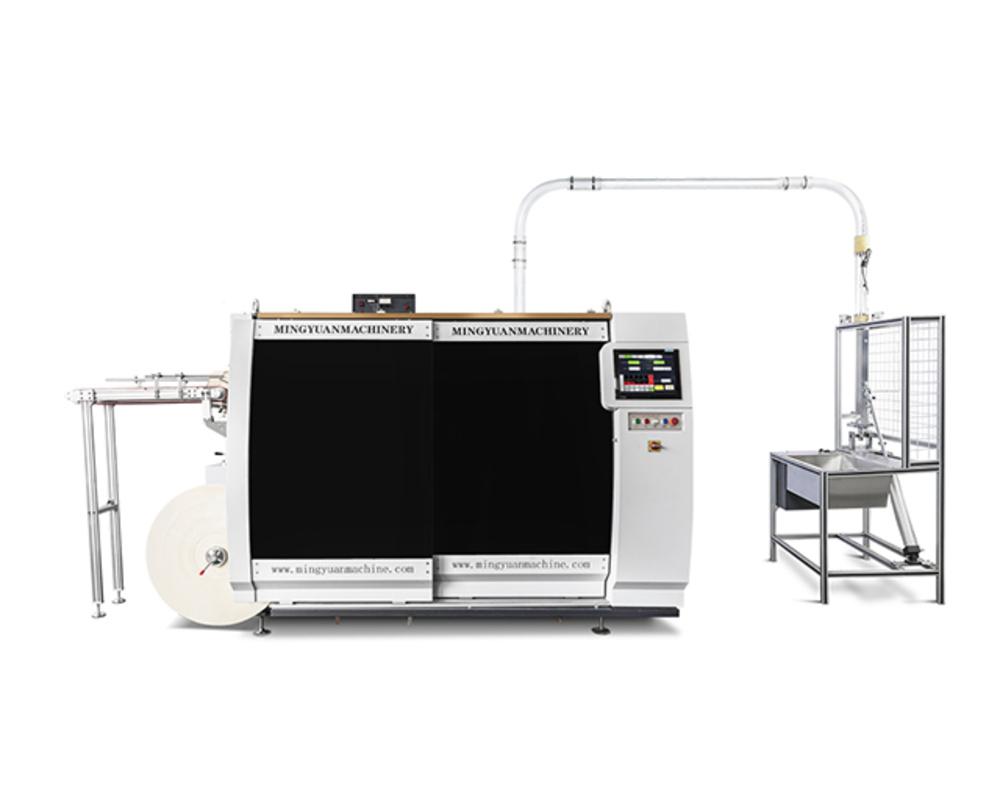
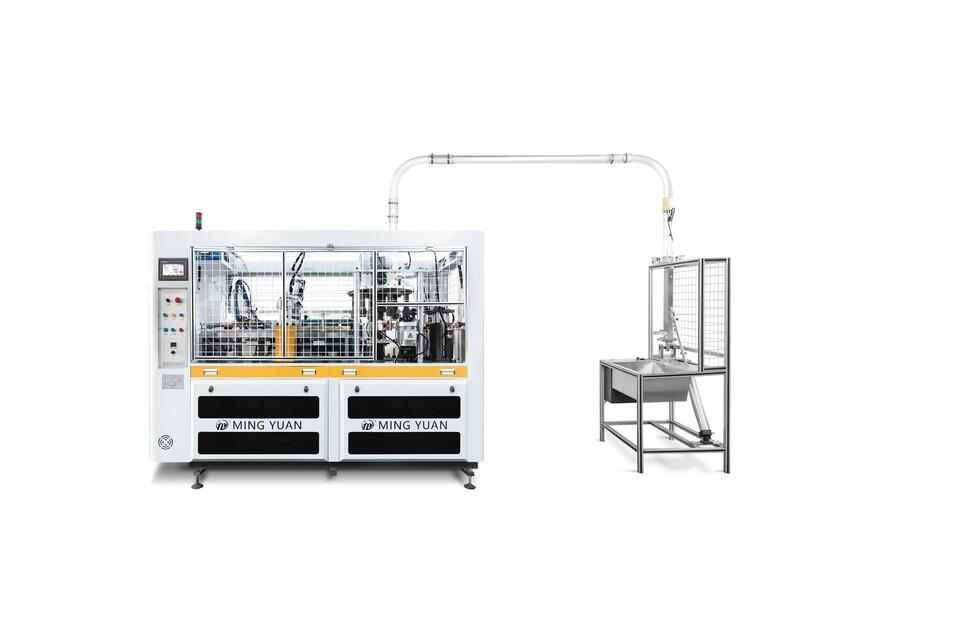
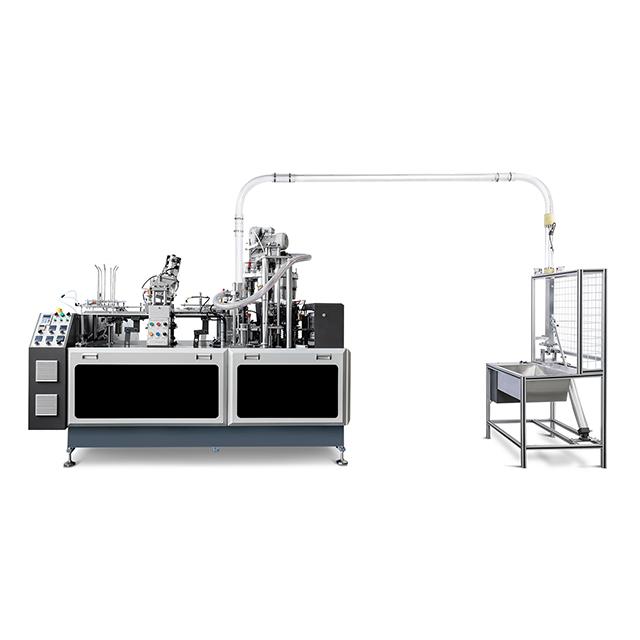
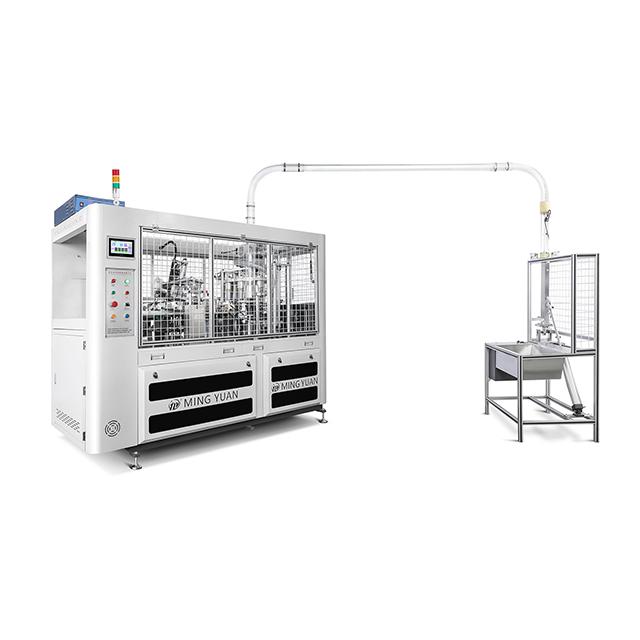
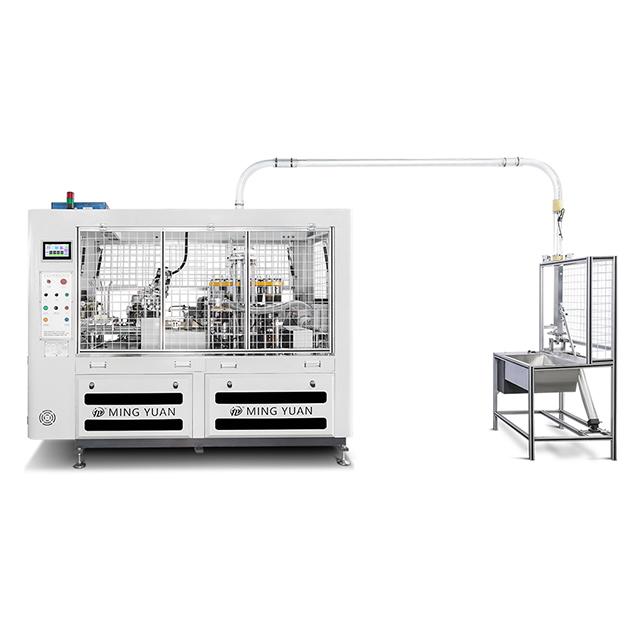

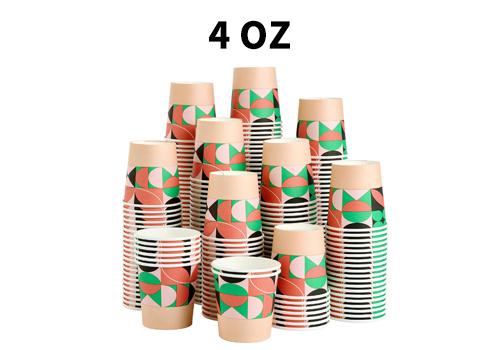


 Tel: +86-19057361870 / +86 577 65567060
Tel: +86-19057361870 / +86 577 65567060  Email: george@paper-cupmakingmachine.com
Email: george@paper-cupmakingmachine.com MP/WhatsApp: +86-19057361870
MP/WhatsApp: +86-19057361870 Manufacturer Address:No.1588, Huaming Road, Feiyun Street,Ruian City Zhejiang Province -325200 China
Manufacturer Address:No.1588, Huaming Road, Feiyun Street,Ruian City Zhejiang Province -325200 China




